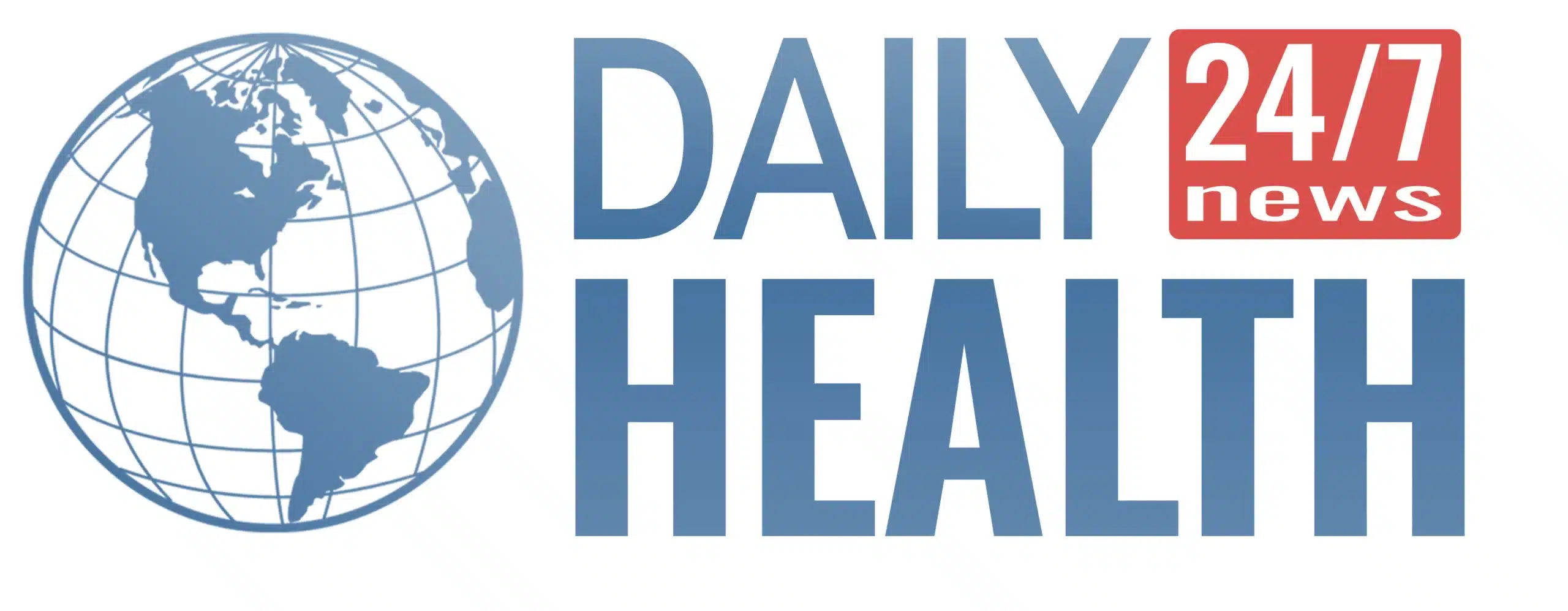Fasting, an age-old practice with deep roots in various cultures and religions, has recently resurfaced as a popular health trend embraced by people worldwide. From its historical significance to its modern-day adaptations, fasting presents a unique blend of tradition and science, promising numerous health benefits. This comprehensive guide aims to demystify the practice of fasting, shedding light on its various forms, scientifically-backed health benefits, and safe implementation strategies.
Whether it’s intermittent fasting, embraced by fitness enthusiasts, or religious fasting, observed during sacred times, this ancient practice transcends cultural boundaries, offering a path to physical and mental wellness. As we delve deeper into the secrets of fasting, we aim to provide an informative and enlightening journey for both beginners and seasoned fasters, helping readers unlock the potential of this transformative practice.
Introduction to Fasting: Explaining the Basics and Historical Context
Fasting, the voluntary abstinence from food and drinks for a specific period, is a practice that dates back millennia. Its roots can be traced to various ancient civilizations, where it was often intertwined with religious rites and spiritual cleansing.
- Historical Significance: Historically, fasting has been a part of religious rituals in Christianity, Islam, Judaism, Buddhism, and Hinduism, signifying devotion, penance, and reflection. In Christianity, for example, Lent is a 40-day period of fasting leading up to Easter. Similarly, Muslims observe Ramadan, a month of fasting from dawn to sunset. These practices underscore fasting’s deep-seated role in spiritual growth and community bonding.
- Evolution into Health Practice: Beyond religious contexts, fasting has evolved into a health-centric practice. Ancient Greek physicians like Hippocrates and Galen advocated fasting as a means to improve health, a concept that has been revived in modern holistic health movements. Today, fasting is not just a religious observance but a lifestyle choice for many, aiming to reap its various health benefits.
- Different Approaches to Fasting: The approach to fasting varies significantly. Some prefer periodic fasting, abstaining from food for certain hours of the day, while others opt for more prolonged periods, like 24-hour fasts. The diversity in fasting methods reflects its adaptability to different lifestyles and health goals.
- Cultural and Personal Dimensions: Fasting also holds cultural and personal significance. For many, it is a way to reconnect with cultural heritage and ancestral practices. On a personal level, it offers a time for introspection, discipline, and breaking free from the routine of daily eating habits.
- Current Research and Perspectives: Contemporary research has begun to uncover the potential health benefits of fasting, ranging from improved metabolic health to enhanced cognitive function. However, it’s crucial to approach fasting with an informed understanding, recognizing its historical depth and personal implications.
In essence, the practice of fasting, rich in history and diversity, offers a unique lens to view health and spirituality. As we explore the various types of fasting in the next section, it becomes clear that this ancient practice is more than just abstaining from food; it’s a journey towards physical and spiritual enlightenment.

Types of Fasting: Intermittent, Water, Dry, and Religious Fasting
Fasting manifests in various forms, each with its unique principles and purposes. Understanding these types can help individuals choose the method that best suits their goals and lifestyle.
- Intermittent Fasting (IF): This popular method involves cycling between periods of eating and fasting. Common approaches include the 16/8 method, where one fasts for 16 hours and eats during an 8-hour window, and the 5:2 method, involving normal eating for five days and reducing calorie intake for two days. IF is lauded for its flexibility and has been linked to weight loss, improved metabolic health, and enhanced brain function.
- Water Fasting: As the name suggests, this type involves consuming only water for a set period, typically ranging from 24 hours to several days. Advocates of water fasting claim benefits like detoxification, improved focus, and quicker recovery from certain ailments. However, it should be approached with caution, especially for longer durations, due to potential nutrient deficiencies and health risks.
- Dry Fasting: One of the more extreme forms, dry fasting prohibits both food and water intake. It is often practiced for shorter periods, such as in certain religious contexts. While some claim it offers intensified benefits compared to water fasting, it carries significant health risks and should only be undertaken with medical supervision.
- Religious Fasting: Many world religions prescribe fasting as a spiritual practice. Examples include Ramadan in Islam, Yom Kippur in Judaism, and Lent in Christianity. These fasts vary in duration and restrictions but commonly include elements of self-reflection, community bonding, and spiritual growth.
- Other Variants: There are also less common fasting types, like juice fasting, where only fruit and vegetable juices are consumed, and partial fasting, which restricts certain food types. These methods are often used for detoxification and spiritual purposes.
Choosing the right type of fasting should be a well-informed decision, considering personal health conditions, goals, and lifestyle. Each form of fasting offers unique benefits and challenges, making it crucial to understand their differences and potential impacts on health and well-being.
Health Benefits of Fasting: Scientific Evidence and Expert Opinions
Fasting has gained significant attention in the health and wellness community, not just for its spiritual and cultural implications, but for its potential health benefits, supported by scientific research and expert opinions.
- Weight Management: One of the most well-known benefits of fasting is its effectiveness in weight loss and management. Studies show that intermittent fasting, in particular, can lead to a reduction in body weight, body fat percentage, and even visceral fat, the harmful fat around the organs.
- Metabolic Health: Fasting can positively impact metabolic health, improving insulin sensitivity and reducing the risk of type 2 diabetes. Periods of fasting allow the body to use up glucose stores and start burning fat, which can be beneficial for blood sugar control.
- Heart Health: There is growing evidence that fasting can improve heart health. It has been linked to lower blood pressure, reduced cholesterol levels, and decreased inflammation, all of which are risk factors for heart disease.
- Brain Function and Mental Well-being: Fasting is also associated with improved brain function and mental well-being. It can enhance brain plasticity, reduce oxidative stress, and stimulate the production of neurotrophic factors, which support cognitive health and may offer protection against neurodegenerative diseases.
- Longevity and Cell Health: Emerging research suggests that fasting can impact cellular health and longevity. By triggering autophagy, the body’s way of cleaning out damaged cells, fasting may contribute to a longer lifespan and reduce the likelihood of certain diseases.
It is important to note that while fasting offers these potential health benefits, it is not suitable for everyone. Individual health conditions, nutritional requirements, and lifestyle factors must be considered before starting any fasting regimen.

How to Fast Safely: Tips and Precautions for Beginners
While fasting can offer numerous health benefits, it’s crucial to approach it safely, especially for beginners. Here are some tips and precautions to ensure a healthy and effective fasting experience:
- Start Slowly: If you’re new to fasting, start with shorter fasting periods and gradually increase the duration. This approach helps your body adjust and can prevent potential negative side effects.
- Stay Hydrated: During fasting, it’s vital to maintain hydration. Water is essential, but you can also include non-caloric beverages like herbal teas or black coffee, depending on the type of fast.
- Mindful Eating During Non-Fasting Periods: What you eat during non-fasting periods is just as important. Focus on a balanced diet rich in nutrients, including proteins, healthy fats, and fiber. This ensures your body gets the essential nutrients it needs.
- Listen to Your Body: Pay attention to your body’s signals. If you feel unusually weak, dizzy, or unwell, it’s important to reassess and possibly break your fast. Health should always be the priority.
- Consult Healthcare Professionals: Before starting any fasting regimen, especially if you have pre-existing health conditions or are on medication, consult with a healthcare professional. This ensures that fasting is safe and appropriate for your health circumstances.
Fasting safely is about balance and understanding your body’s needs. By following these tips, beginners can embark on their fasting journey with confidence and care.
The Fasting Diet is a structured eating pattern alternating between eating and fasting periods. This approach can promote various health benefits, including weight loss, improved insulin sensitivity, and cellular repair. By restricting calorie intake during specific time windows or days and excluding specific foods, fasting diets help the body tap into stored energy and promote fat loss.
Conclusion:
Fasting, an ancient practice with deep historical and cultural roots, has evolved into a versatile tool for health and spiritual well-being. As we’ve explored, fasting comes in many forms, from intermittent to religious fasting, each with its unique benefits and considerations. The scientific community continues to uncover the myriad health advantages fasting offers, from weight management to improved mental clarity and longevity.
However, the key to a successful fasting experience lies in understanding one’s personal health needs and starting slowly, especially for beginners. Staying hydrated, eating mindfully during non-fasting periods, and consulting healthcare professionals are essential steps to ensure safety and effectiveness.
Whether for health, spiritual growth, or cultural reasons, fasting offers a path to not just physical wellness but also mental and emotional balance. It’s a journey of discovery, discipline, and transformation that transcends time and culture. As more people embrace fasting in various forms, it stands as a testament to its enduring relevance and transformative power.












